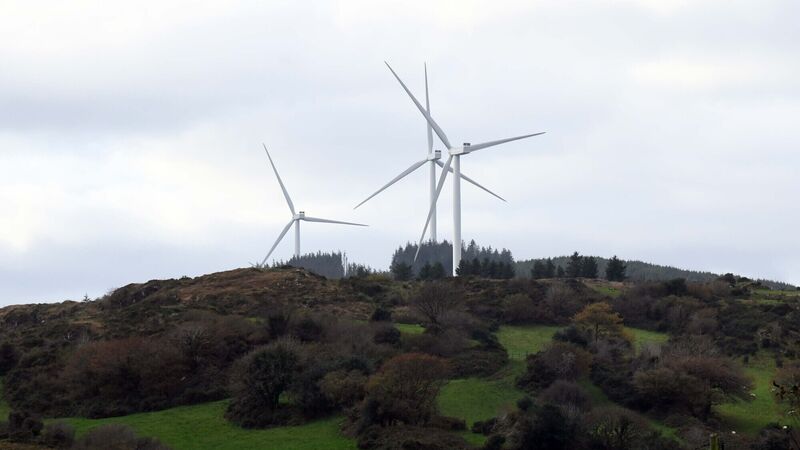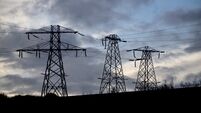Wind-free January increases pressure on Irish household and business bills beyond winter

In recent years, wind has accounted for up to 40% of all power generated on the grid. Picture: Denis Minihane
An unseasonably windless January is adding to Ireland's energy headache and could result in record hikes in household and business bills extending beyond the winter, an Irish energy expert has warned.
Cathal Ryan, a consultant at Cornwall Insight Ireland, said a long period of calm winter weather and wind-less conditions continuing this week mean that wind turbines are contributing much less than normal to generating power on the all-Ireland power grid.














